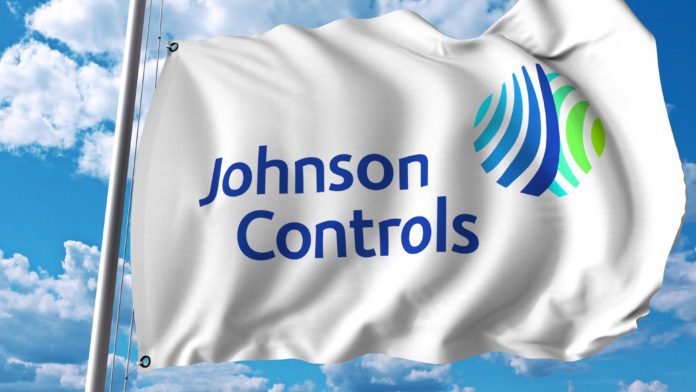Johnson Controls, Inc. (JCI) has appointed Visal Leng as new vice president and president of the company?s building solutions division in the Asia-Pacific region. Leng joins Johnson Controls from Baker Hughes, where he served as president of the company?s Asia Pacific unit. In his new role, Leng will oversee Johnson Controls? building technologies and solutions operations in the region.
“Visal is a seasoned leader with strong business acumen and a growth mindset. He will be instrumental in driving the company’s growth platform across Asia Pacific to position Johnson Controls as a leader in smart and sustainable solutions for our customers,” said George Oliver, chairman and CEO of Johnson Controls, to whom Leng will report directly from the company?s Shanghai office.
The hire comes at a time when Johnson Controls has reportedly been increasing focus on its buildings segment, a move which seems to have paid off after the company increased its sales in the sector by 5% in the third quarter.
The buildings segment saw 4% improvement in field orders in the third quarter as margins on new orders booked in North America increased approximately 110 basis points year-over-year, compared to 70 bps in the first quarter and 100 bps in the second quarter. The steady increase in orders has been credited to the addition of 775 new sales professionals since the beginning of this year.
Johnson Controls? building solutions division, which provides facility systems and services including comfort, energy and security management for the non-residential buildings market, is expected to strengthen its position in Asian markets, especially China.
China is the largest building construction market in the world, with up to 2 billion square meters constructed annually, accounting for nearly half of new construction globally in the coming decade. By 2020, China will represent 40% of the global HVAC market and is expected to be a critical?component of the company?s long-term growth strategy.
In recent years, China has enacted a suite of policies to promote building energy efficiency, including mandatory building energy codes for urban residential and commercial buildings, a voluntary energy code for rural residential buildings, policies and incentives based on green building ratings, and building retrofit programs.
As a part of China?s 13th Five Year Plan for Building Energy Efficiency and Green Building Development, the nation has set aggressive goals for green building construction and renovation, including a requirement for 50% of all new urban buildings to be certified green buildings. These government mandates are creating strong demand for the company?s energy-efficiency and related advisory services.
Growth in this sector is also helped by the fact that investments by customers in building energy efficiencies are recovered over time through lower operational costs.

